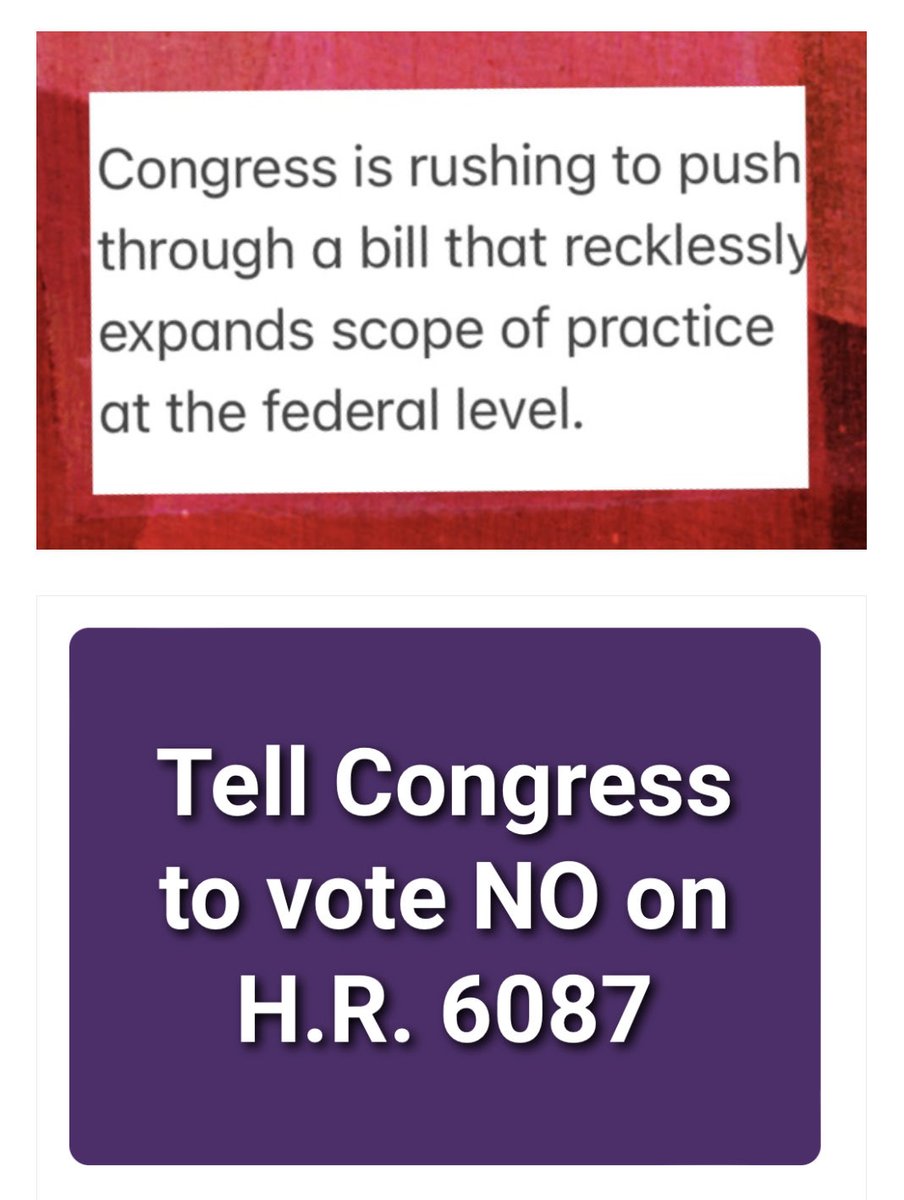
🧵Great review of the #340B program, how it has veered away from its intent, and negative consequences for #DrugPrices. | @wasan_kumar @kevin_schulman
Some takeaways follow 👇


Some takeaways follow 👇



2/ “The 340B program was established in response to concerns among safety-net providers regarding the Medicaid Drug Rebate Program, which was enacted in 1990 and required manufacturers to offer their lowest prices to the Medicaid program.”
3/ “An inadvertent effect of [Medicaid Drug Rebate] policy was that safety-net providers lost access to the discounts they had previously received from drug manufacturers. The 340B program was intended to restore discounts to providers caring for low-income and uninsured people.”
4/“Because of the size and growth of the 340B program, manufacturers have, over time, increased the prices of their products to account for the required discounts. Health care systems have restructured service delivery, seemingly to maximize their profits under the 340B program.”
5/ “Despite the original intent of the program to support charity care, provider participation in the program wasn't found to be associated with the provision of uncompensated care, expanded delivery of low-profit services, or lower mortality in low-income populations.”
6/ “The [#340B] program has shifted from one that supported hospitals caring for the neediest patients to one that increases margins for a range of hospitals.”
7/ “Now that taxpayers will once again bear billions of dollars in payments related to the #340B pro-gram, it's worth evaluating whether this provision still confers a meaningful benefit for the public.”
8/ “When the program was established more than 30 years ago, it represented a limited remedy for a selected group of providers.”
9/ “Although advocates have imputed broad policy goals for the #340B program based on its original focus on safety-net providers, none of these goals were translated into statutory obligations for participating providers.”
10/ “Considering the broad and perverse effects this program has had on the organization and cost of health care, there seems to be little justification for maintaining it in its current form.”
#340B @contirena1 @BarbaraMcAneny @ASCO #cancer
#340B @contirena1 @BarbaraMcAneny @ASCO #cancer
• • •
Missing some Tweet in this thread? You can try to
force a refresh

















